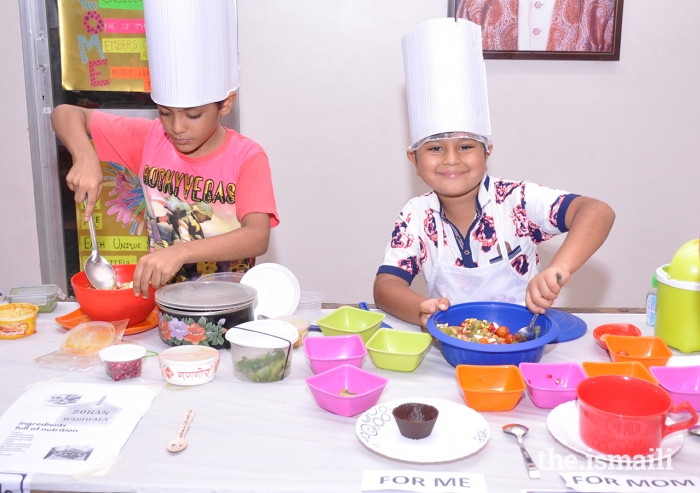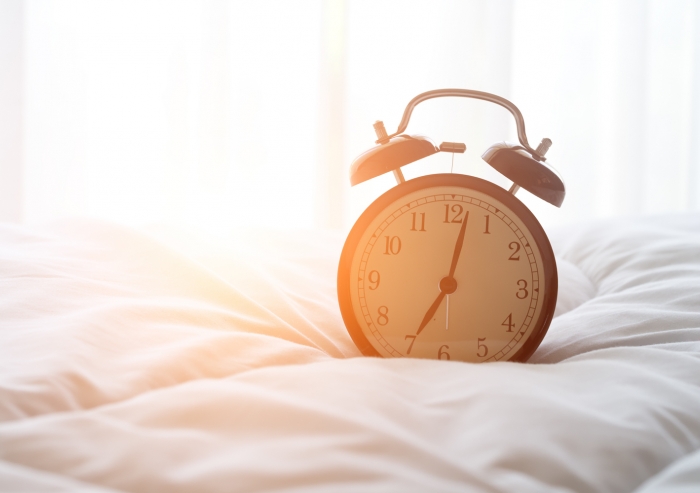Those suffering from type 2 diabetes may be worried about observing the fast during the Muslim month of Ramadan. However, it is possible to fast safely if you are careful about managing your diabetes.
A recently study concludes that most people with well-controlled type 2 diabetes can safely observe the fast. The study was published in the July 2008 issue of Clinical and Experimental Hypertension.
Nevertheless, it is important for those with diabetes to take care, since some drugs that are used to treat type 2 diabetes, such as sulphonylureas and insulin, can make your blood glucose level drop too low when you are not eating. Not drinking enough water can also make you dehydrated.
Often the evening meal, iftar, contains lots of carbs and perhaps sugary drinks. Because this is a time when families eat together to break the fast, the food may be richer than what you might normally eat. And having fasted all day, you may feel you have an excuse to reward yourself, but you need to be particularly strong willed at this time!
Fasting checklist:
- Seek the advice of your healthcare team before starting and at the end of the fast, since they may advise you to change the frequency or amount of medication you take.
- Do not stop taking your medication, however the dosing and timing of your medication may need to change – this should be discussed with your diabetes healthcare team prior to fasting.
- If you experience symptoms of low blood sugar levels such as sweating, anxiety, shaking, weakness or confusion then you should break your fast with a sugary drink followed by foods rich in carbohydrates.
- Avoid eating lots of unhealthy foods as a reward! Instead, try and maintain a healthy eating pattern after you break the fast.
- Make sure that you have lots of fruit and vegetables and dhal as these are slowly digested and help your blood glucose to rise more slowly too. Also remember to drink plenty of fluids.
- Divide your daily food intake into two equal portions, one to be taken at sehri and one at iftar.
- Be sure to check your glucose level regularly – at least once a day at different times of the day.
Following Ramadan, visit your doctor to make sure that your blood glucose is being controlled adequately, and also to check whether your medication needs to be adjusted.







